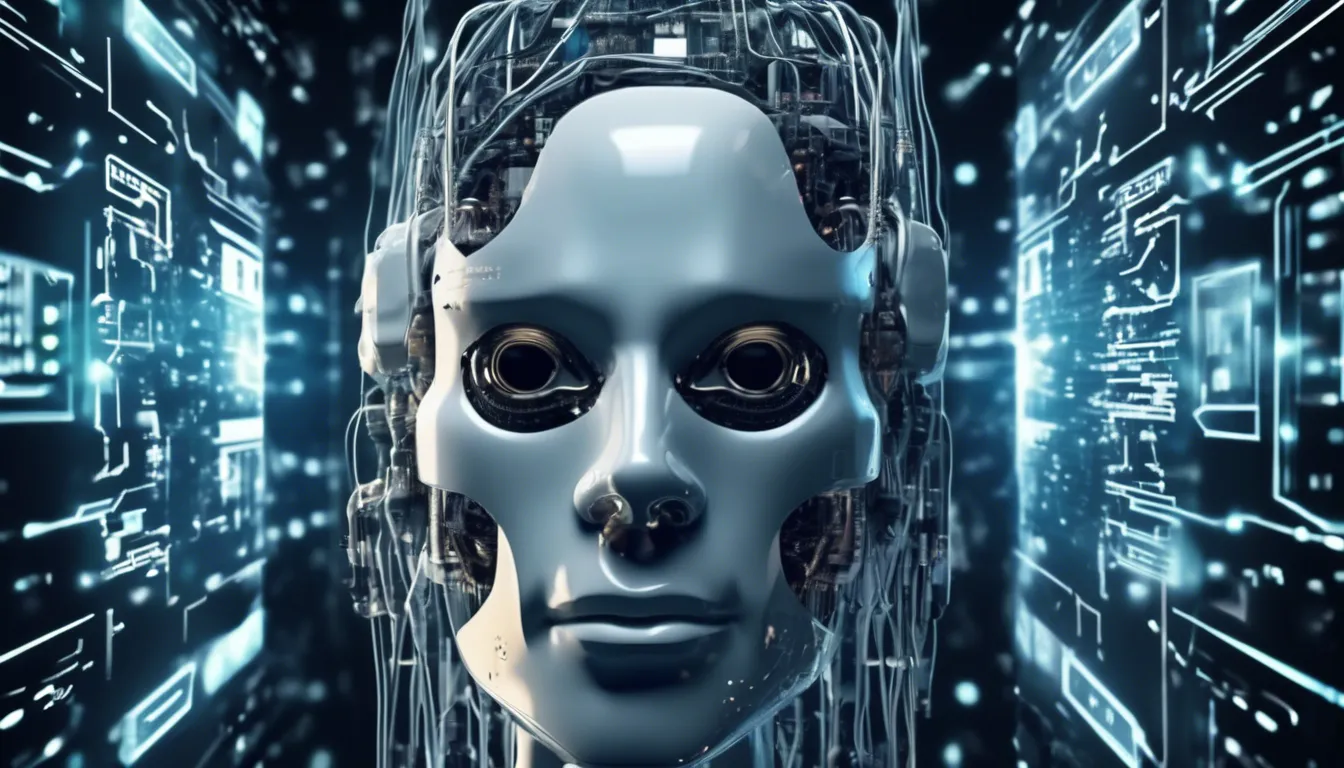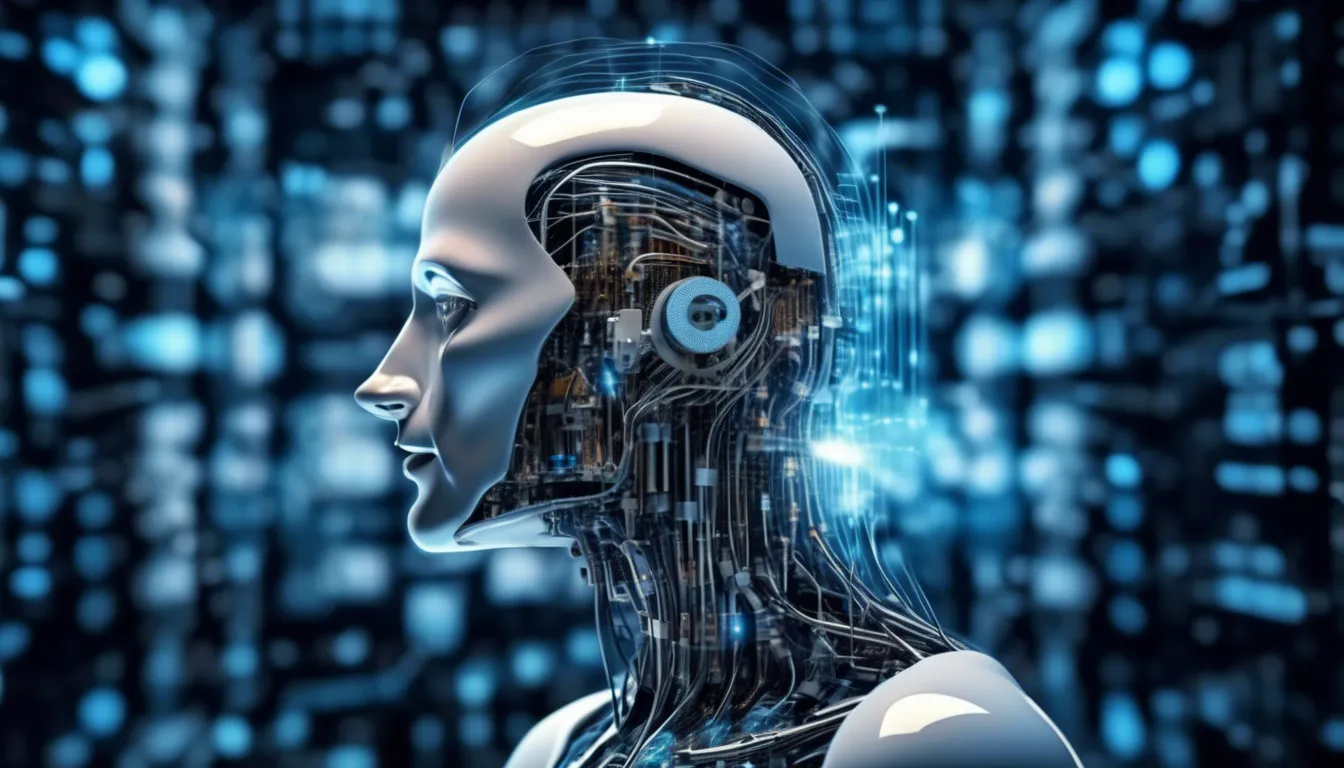Artificial Intelligence (AI) has undeniably become the next frontier in computing technology, revolutionizing various industries and impacting society as a whole. AI refers to the simulation of human intelligence in machines, enabling them to learn, reason, and make decisions like humans. The rise of AI has been facilitated by advancements in machine learning, deep learning, and neural networks, allowing computers to analyze vast amounts of data and derive meaningful insights.
One of the main drivers of the AI revolution is the increasing availability of big data and computational power, which have enabled AI algorithms to become more sophisticated and accurate. AI applications are now being used in a wide range of sectors, including healthcare, finance, transportation, and cybersecurity, to improve decision-making, automate processes, and enhance overall efficiency. From assisting in medical diagnoses to optimizing supply chains, AI technology is reshaping the way we work and live.
As AI continues to evolve, concerns about ethics, bias, and job displacement have also come to the forefront. However, with proper regulations and ethical guidelines in place, AI has the potential to bring about significant advancements and breakthroughs in various fields. The rise of AI is not just a technological trend but a paradigm shift that is shaping the future of computing technology and pushing the boundaries of what is possible.

 Unleashing the Power of Artificial Intelligence in Computing Technology
Unleashing the Power of Artificial Intelligence in Computing Technology